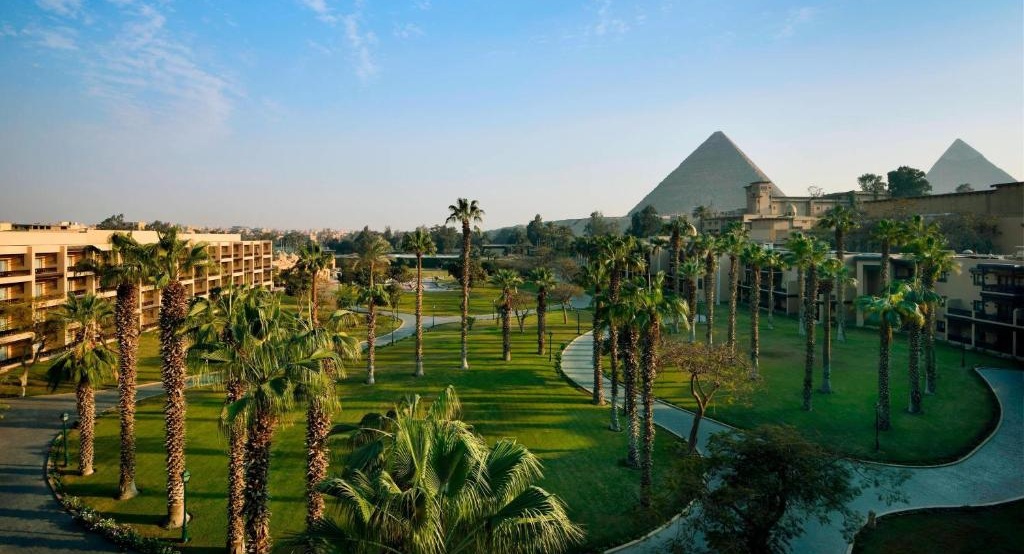Egypt awards qualification certificates for 4 private renewable energy projects worth $388M
Updated 5/28/2025 12:08:00 PM
Arab Finance: The Minister of Electricity and Renewable Energy Mahmoud Esmat handed over qualification certificates for four private renewable energy projects under the private-to-private (P2P) system, with a total capacity of 400 megawatts and investments amounting to $388 million, as per a statement.
These projects will produce and sell electricity directly to industrial consumers without state guarantees or financial burdens.
The projects include solar and hybrid solar-wind plants, aligning with Egypt’s National Energy Strategy and the government’s policy to encourage private sector participation in sustainable energy development.
Esmat emphasized that the Electricity Law aims to liberalize the electricity market, foster competition, and enhance service quality while lowering costs.
He said the new regulatory framework creates a favorable environment for private investment and supports Egypt’s transition toward a green economy.
He also highlighted the importance of providing a fair and transparent regulatory system, reinforcing the role of regulatory authorities in monitoring compliance and ensuring the quality and efficiency of electricity services.
The Electricity Utility and Consumer Protection Regulatory Agency (EgyptEra) completed the review of qualification applications for the private-to-private (P2P) system, in cooperation with an international consultant and the European Bank for Reconstruction and Development (EBRD). This helped develop the participation framework and agreements.
A total of seven applications were submitted for renewable energy plants, each with a proposed capacity of 100 megawatts.
Four companies received qualification certificates. Neptune Energy will supply the Suez Steel factory through a solar plant.
AMEA Power will provide electricity to AP Moller (Suez Canal Container Terminal) and BEFAR Group using a solar plant.
TAQA Power will deliver electricity to Ezz Steel Company via a hybrid solar and wind facility.
Egypt-based renewable energy investment firm Enara Group will supply power to the Helwan Fertilizer Factory and the El Alamein Silicon Products Complex through another hybrid plant.
These projects enable industrial firms to meet climate commitments and support the export of green products by relying on renewable energy sources.
Related News









